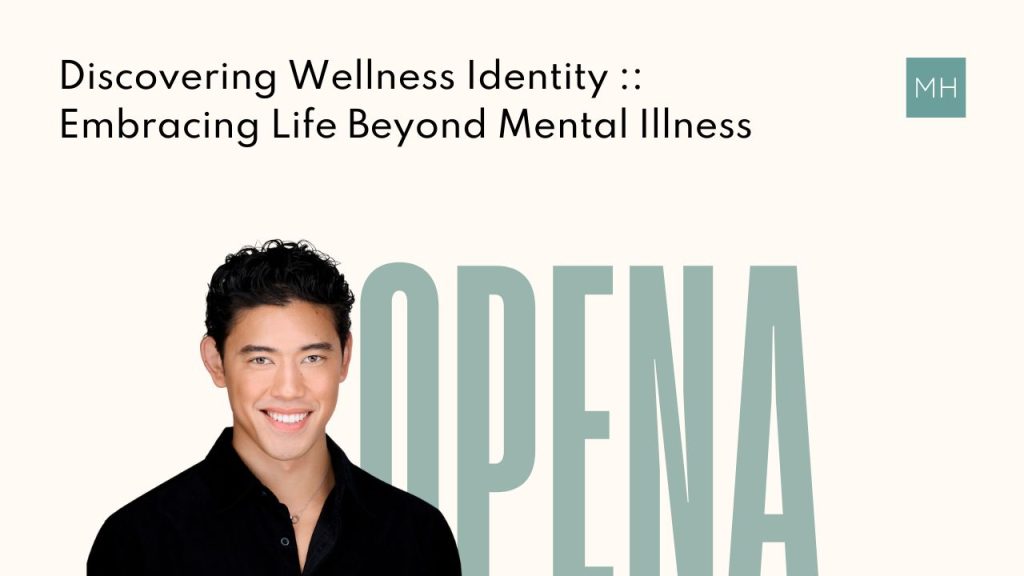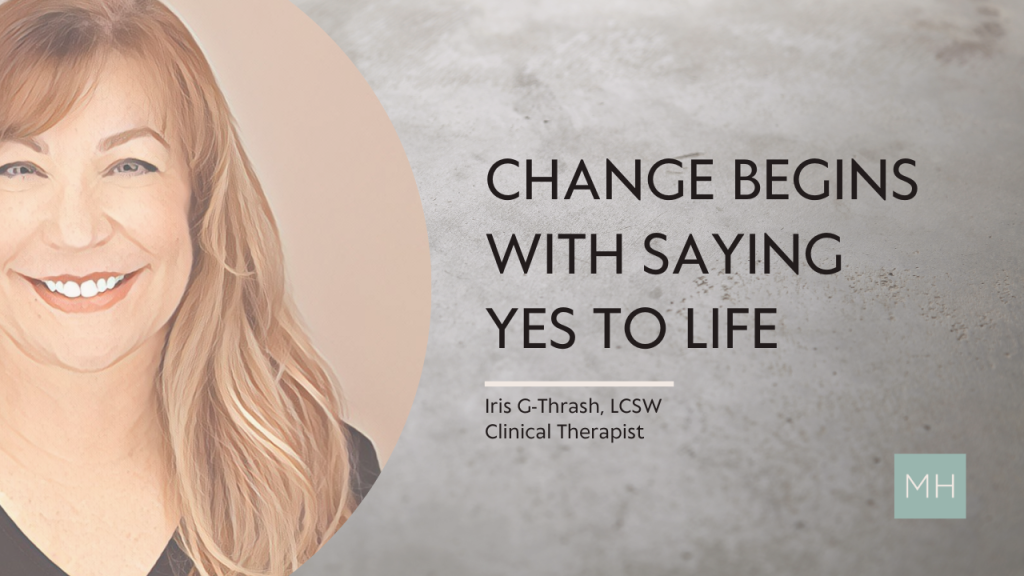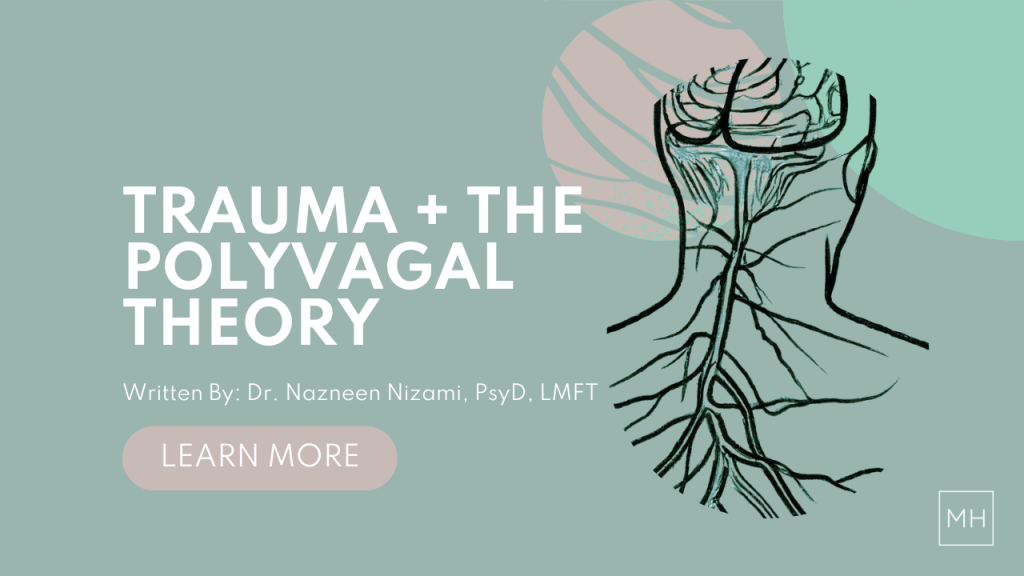Written By: Julian Marc Opena, MFT
Discovering Wellness Identity :: Embracing Life Beyond Mental Illness
Living with mental illness can be a daunting journey, often overshadowing one’s sense of self and purpose. However, as individuals progress through treatment and recovery, rediscovering a wellness identity becomes a pivotal step towards reclaiming a fulfilling life. In the process of recovery, we understand that there is a fine line between your former self and your developed self. We help individuals walk that line that honors the fullness of who they are. Our process is nurtured through a holistic approach that encourages clients to explore interests, engage in meaningful activities like volunteering at animal shelters, pursue education, and reconnect with social communities aligned with their passions.
THE JOURNEY BEYOND MENTAL ILLNESS
Mental illness can profoundly impact self-perception, relationships, and daily functioning. It often defines a person’s life, overshadowing other aspects of identity. Yet, as treatment progresses and symptoms stabilize, individuals begin to envision a life beyond their illness. This journey involves rediscovering personal strengths, interests, and values that contribute to a broader sense of wellness.
IMPORTANCE OF WELLNESS IDENTITY
- PERSONAL EMPOWERMENT: Rediscovering interests and passions empowers individuals by shifting focus from illness to strengths. It fosters a sense of agency and control over one’s life.
- ENHANCED WELL-BEING: Engaging in activities that bring joy and fulfillment contributes to emotional and psychological well-being. It promotes resilience and supports ongoing recovery efforts.
- SOCIAL CONNECTION: Exploring interests outside of treatment settings facilitates social interactions with like-minded individuals. Being part of social groups or communities provides a sense of belonging, which is a fundamental human need. This connection to a group helps individuals feel integrated and supported, reinforcing their identity within the context of a larger whole that is not isolated to treatment.
THE ROLE OF THE MENTAL HEALTH COLLECTIVE
At The Mental Health Collective, we recognize the significance of cultivating a wellness identity as part of holistic recovery. Our approach goes beyond symptom management to empower clients to embrace life to its fullest. Here are examples of how we could personalize supporting clients in finding their wellness identity:
VOLUNTEERING AT AN ANIMAL SHELTER
Animals, particularly domestic ones, often provide a calming presence. Physical touch, such as petting or cuddling, can reduce levels of the stress hormone cortisol and increase the release of oxytocin, a hormone associated with bonding and relaxation. Interacting with these animals gives opportunities for clients to connect with animals, build empathy, and contribute positively to their community. Volunteering offers a sense of purpose and fulfillment. This experience fosters a sense of responsibility and accomplishment, enhancing self-esteem and well-being.
RETURNING TO EDUCATION
We often see clients perceive their mental health as a roadblock to achieving their dream careers. At The Mental Health Collective, we help clients shift their understanding of their mental health journey from being a roadblock to a building block for their careers/lives. Returning to a small course load online or at a local college allows clients to pursue academic interests and career goals. It encourages intellectual stimulation, skill development, and a sense of achievement. Education serves as a pathway to personal growth and future opportunities beyond mental health challenges.
RECONNECTING WITH SOCIAL COMMUNITIES
Reconnecting with social communities based on shared interests outside of treatment settings promotes socialization and belonging. Feeling limited to only therapeutic/clinical conversations can lead clients to treatment fatigue and an isolated sense of identity. Part of holistic treatment is integrating clients into “reality” and reintroducing themselves to critical parts of their personhood. Whether through hobby groups, sports clubs, or cultural organizations, these connections nurture friendships, reduce stigma, and provide ongoing support in a supportive, non-clinical environment.
COMPREHENSIVE SUPPORT FOR WELLNESS IDENTITY
The Mental Health Collective integrates these opportunities into individualized treatment plans, recognizing the diverse needs and aspirations of each client. By facilitating exploration and engagement beyond clinical settings, we empower individuals to redefine their lives beyond mental illness. Our approach emphasizes:
- Personalized Care: Tailored treatment plans that incorporate clients’ interests and strengths.
- Skill Development: Opportunities to develop new skills and enhance existing ones.
- Community Integration: Support in building connections and fostering a sense of belonging.
In conclusion, discovering a wellness identity after struggling with mental illness is a transformative journey towards reclaiming one’s life. At The Mental Health Collective, we are committed to supporting this process by encouraging clients to explore their passions, engage in meaningful activities, and reconnect with social communities outside of treatment settings. By nurturing holistic well-being and personal growth, we empower individuals to thrive beyond the confines of their illness and embrace a future filled with purpose and fulfillment. If you or someone you know is on this journey, know that you are not alone—there is support and hope for a brighter tomorrow.
Julian Marc Opena is a Marriage and Family Therapist with a Master’s degree from USC’s Rossier School of Education and APU’s School of Clinical Psychology. His undergraduate degree is in Human Biology and has a minor in Developmental Psychology.
Julian specializes in attachment-based therapy, a theory that conceptualizes human behavior in the context of interpersonal relationships. Additionally, Julian is trained in Internal Family Systems, Emotion Focused Therapy and is Gottman Level 2 certified. Beyond The Mental Health Collective, Julian is a psychology professor and enjoys maintaining a private practice.
DO YOU HAVE A QUESTION?
Send our team a message or call 888.717.9355


